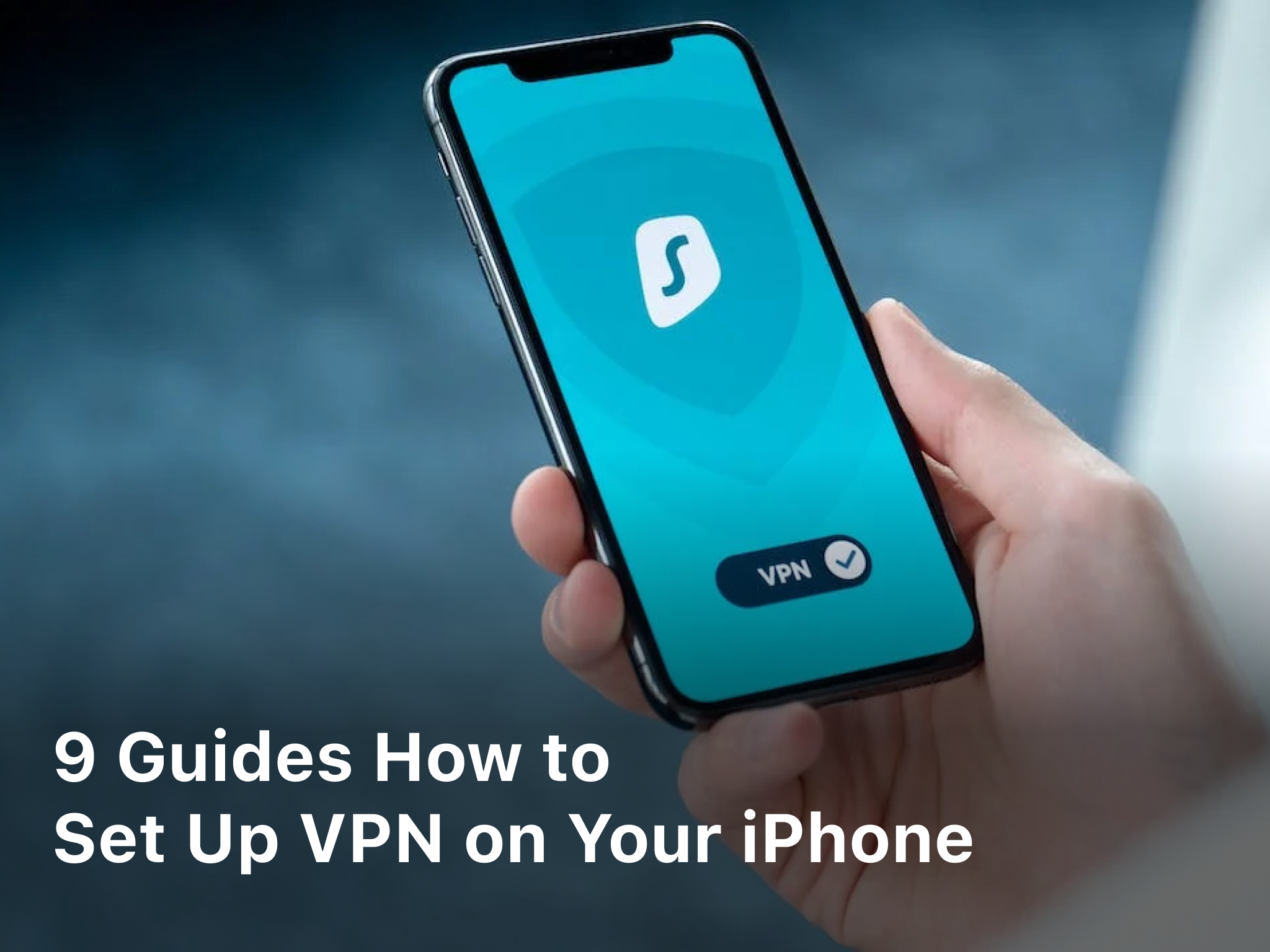In today’s digital age, maintaining privacy while browsing the internet has become increasingly important. With the growing concern over data breaches, surveillance, and online tracking, users are seeking ways to safeguard their personal information and browsing habits. Fortunately, there are several effective strategies you can implement to browse the web privately and protect your online privacy. In this article, we’ll explore six useful tips to help you browse privately and securely.

1. Use a Virtual Private Network (VPN)
A Virtual Private Network (VPN) is one of the most effective tools for enhancing online privacy. By encrypting your internet connection and routing your traffic through secure servers, a VPN hides your IP address and protects your data from prying eyes. Choose a reputable VPN provider with strong encryption protocols and a strict no-logs policy to ensure maximum privacy protection.
2. Enable Private Browsing Mode
Most web browsers offer a private browsing mode, also known as Incognito mode or Private Window. When you browse in private mode, your browser does not store cookies, browsing history, or other data locally on your device. While private browsing mode won’t conceal your IP address or encrypt your traffic like a VPN, it’s a useful tool for preventing your browsing activity from being recorded on your device.
3. Use a Privacy-Focused Search Engine
Consider using a privacy-focused search engine that prioritizes user privacy and does not track or store your search history. DuckDuckGo and StartPage are popular alternatives to mainstream search engines like Google and Bing. These search engines respect your privacy by not collecting or sharing your personal information with third parties.
4. Install Browser Extensions for Privacy
There are several browser extensions available that can enhance your online privacy and security. Privacy-focused extensions like uBlock Origin, HTTPS Everywhere, and Privacy Badger can help block ads, enforce HTTPS encryption, and prevent tracking scripts from monitoring your online activity. Be sure to review and research each extension’s privacy policy before installing it.
5. Review and Adjust Privacy Settings
Take the time to review and adjust the privacy settings in your web browser, operating system, and online accounts. Disable unnecessary tracking features, limit location sharing, and opt out of personalized advertising whenever possible. Regularly review your privacy settings to ensure they align with your preferences and priorities.
6. Be Mindful of What You Share Online
Lastly, be mindful of the information you share online and exercise caution when posting personal details on social media or other websites. Avoid sharing sensitive information such as your home address, phone number, or financial details unless absolutely necessary. Remember that once information is shared online, it can be difficult to control or remove entirely.
By implementing these six useful tips, you can enhance your online privacy and browse the web with confidence. Whether you’re concerned about data privacy, online tracking, or identity theft, taking proactive steps to protect your personal information can help safeguard your digital presence.
Conclusion
In conclusion, browsing privately is essential for safeguarding your personal information and protecting your online privacy. By following these six useful tips, you can take control of your digital footprint and browse the web securely. Whether you’re using a VPN to encrypt your connection or adjusting privacy settings in your web browser, prioritizing privacy in your online activities is crucial in today’s interconnected world.
FAQ
Is a VPN necessary for browsing privately?
While a VPN provides enhanced privacy and security, it’s not strictly necessary for browsing privately. However, using a VPN can offer additional protection, especially when accessing public Wi-Fi networks or bypassing geo-restrictions.
Can I use multiple privacy-enhancing tools simultaneously?
Yes, you can use multiple tools and strategies together to enhance your online privacy. For example, you can use a VPN along with browser extensions for ad blocking and HTTPS encryption for comprehensive privacy protection.
Are privacy-focused search engines as effective as mainstream search engines?
While privacy-focused search engines may not offer the same level of personalized results as mainstream search engines, they prioritize user privacy by not tracking or storing search history. Depending on your privacy preferences, they can be an effective alternative.
How often should I review my privacy settings?
It’s a good idea to review your privacy settings regularly, especially after updates to your web browser, operating system, or online accounts. Set aside time every few months to ensure your settings align with your privacy preferences.
What should I do if I suspect my online privacy has been compromised?
If you suspect your online privacy has been compromised, take immediate steps to secure your accounts, change passwords, and review your privacy settings. Consider contacting relevant authorities or seeking assistance from cybersecurity professionals if necessary.






